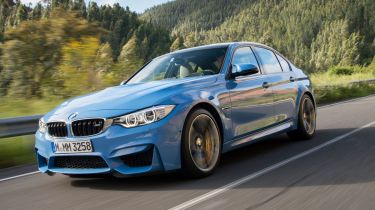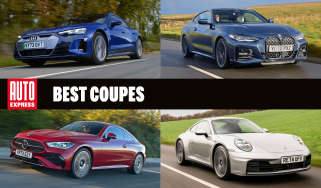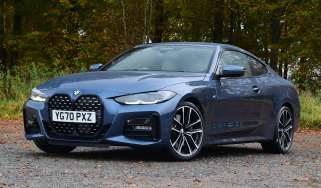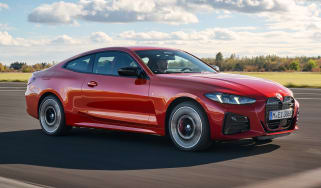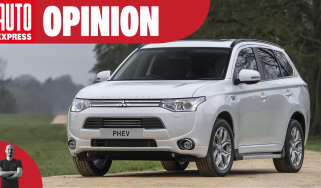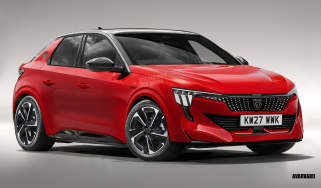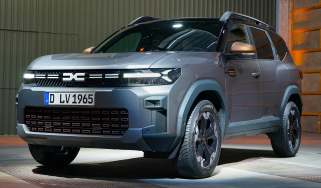BMW sticks to its guns for future gearboxes
Future BMWs won’t chase efficiency with nine or more gears, but will get three-cylinder power, according to tech chief
BMW is convinced its current transmission policy of eight-speed automatics, seven-speed dual-clutches and six-speed manuals is the perfect combination, according to its small and midsize cars boss, Klaus Frolich.
Speaking to Auto Express at the launch of the new X4 and 4 Series Gran Coupe – both of which offer an eight-speed ‘Sport Auto’ paddleshifter option – Frolich expressed scepticism at the gearbox policies of rivals Jaguar Land Rover, Mercedes and Cadillac, all of whom are working on transmissions offering nine or more forward speeds.
“We ran some tests” explained Frolich. “The [efficiency] difference between an automatic with six speeds and eight speeds is seven or eight per cent, which is a good result. But the benefit for nine speeds [instead of eight] is almost zero per cent. Plus, it adds weight, complexity and cost, and with turbocharged engines you have a good spread of torque, so [drivers] do not want to have the gearbox constantly changing its mind.”
Quizzed over the policy to equip BMW’s M Division cars with a seven-speed dual-clutch gearbox (known as M-DCT), Frolich said: “Seven gears is not optimum, it is a compromise. As in a manual gearbox, in a twin-clutch you must arrange all the gears in a line, so for weight and packaging reasons we are limited to seven speeds. But our new turbo M cars have so much torque this is no problem. DCT remains right for M cars because we can’t make a torque-convertor that would be durable up to 8000rpm.”
Frolich also confirmed that for the foreseeable future, the manual transmission is safe at BMW, both in M Division cars and regular non-performance models. “Of course, with a manual you are slower, but it is more emotional; it now says ‘I am a serious driver, I am a connoisseur’. So, we will continue [to offer a manual] even if only ten per cent of customers want it. That is why we offer a manual M5 sedan in North America. It is stupid – the development costs are huge – but we will keep doing it as long as the customer wants it.”
BMW unconvinced by Audi prediction
Asked about the possibility of three-cylinder engines in larger cars like the 3 Series and 5 Series, Frolich was unconvinced by Audi CEO Rupert Stadler’s prediction that this will become the norm within ten years. That’s despite four-cylinder turbo engines having beginning to usurp thirsty six-cylinders in the large executive saloon and estate class, in Europe at least.
Frolich forecasted: “[small engines in the larger cars] will happen, but only when the buyers are ready. Many buyers don’t care how many cylinders are in their BMW, and the new MINI shows the potential for three-cylinder. But honestly, it is much easier for us to make three-cylinder engines work with front-wheel drive than rear-wheel drive.”
